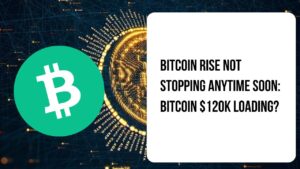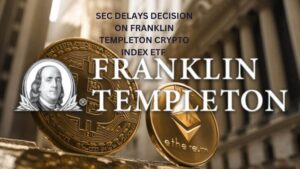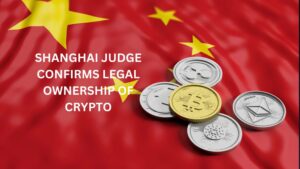Key takeaways:
- The trial of Avraham Eisenberg sheds light on the evolving regulatory landscape of DeFi emphasizing the need for legal oversight in the burgeoning sector.
- The trial for Eisenberg’s alleged $116 million Mango Markets fraud was originally set for December 2023
A highly anticipated trial commenced in a New York federal court , focusing on Avraham Eisenberg‘s alleged involvement in a $116 million exploit of Solana-based DeFi exchange Mango Markets.
Originally scheduled for December 4, 2023, the trial was postponed at Eisenberg’s defense team’s request and is expected to last two weeks.
At the center of the trial is Eisenberg’s deployment of a “highly profitable trading strategy” in October 2022, which reportedly caused significant damage to Mango Markets.
Unlike centralized finance platforms like Coinbase, Mango Markets operates under the principle of “code is law,” executing trades, borrowings, and loans through smart contracts.
The trial represents a significant step in the government’s efforts to regulate decentralized finance (DeFi), a sector known for its autonomy and transparency. The court has assembled a diverse 15-member jury, including individuals with backgrounds ranging from rare books merchants to finance professionals, ensuring a broad perspective on the case’s complexities.
The prosecution alleges that Eisenberg manipulated Mango Markets’ futures contracts, inflating the value of MNGO tokens and borrowing vast sums of cryptocurrencies without intent to repay. Eisenberg maintains his innocence, arguing that his actions complied with the platform’s rules governed by smart contracts.
The case has sparked discussions about the fairness of negotiations between Eisenberg and Mango Markets, particularly in light of the introduction of a ransomware negotiator into the equation. Additionally, civil suits filed by the SEC, CFTC, and Mango Labs LLC further complicate the legal battle.
Beyond the courtroom, the trial symbolizes a larger battle for the soul of DeFi, raising questions about its ability to operate within legal boundaries while preserving its innovative nature. As the trial unfolds, it will offer insights into the future regulatory landscape of decentralized finance and its potential impact on the broader cryptocurrency ecosystem.
Yet, this case raises a fundamental question: Does the absence of explicit regulations within a DeFi protocol automatically legalize an activity? Eisenberg contends that his actions simply exploited a coding loophole, challenging DeFi’s fundamental principle that “code is law.”






